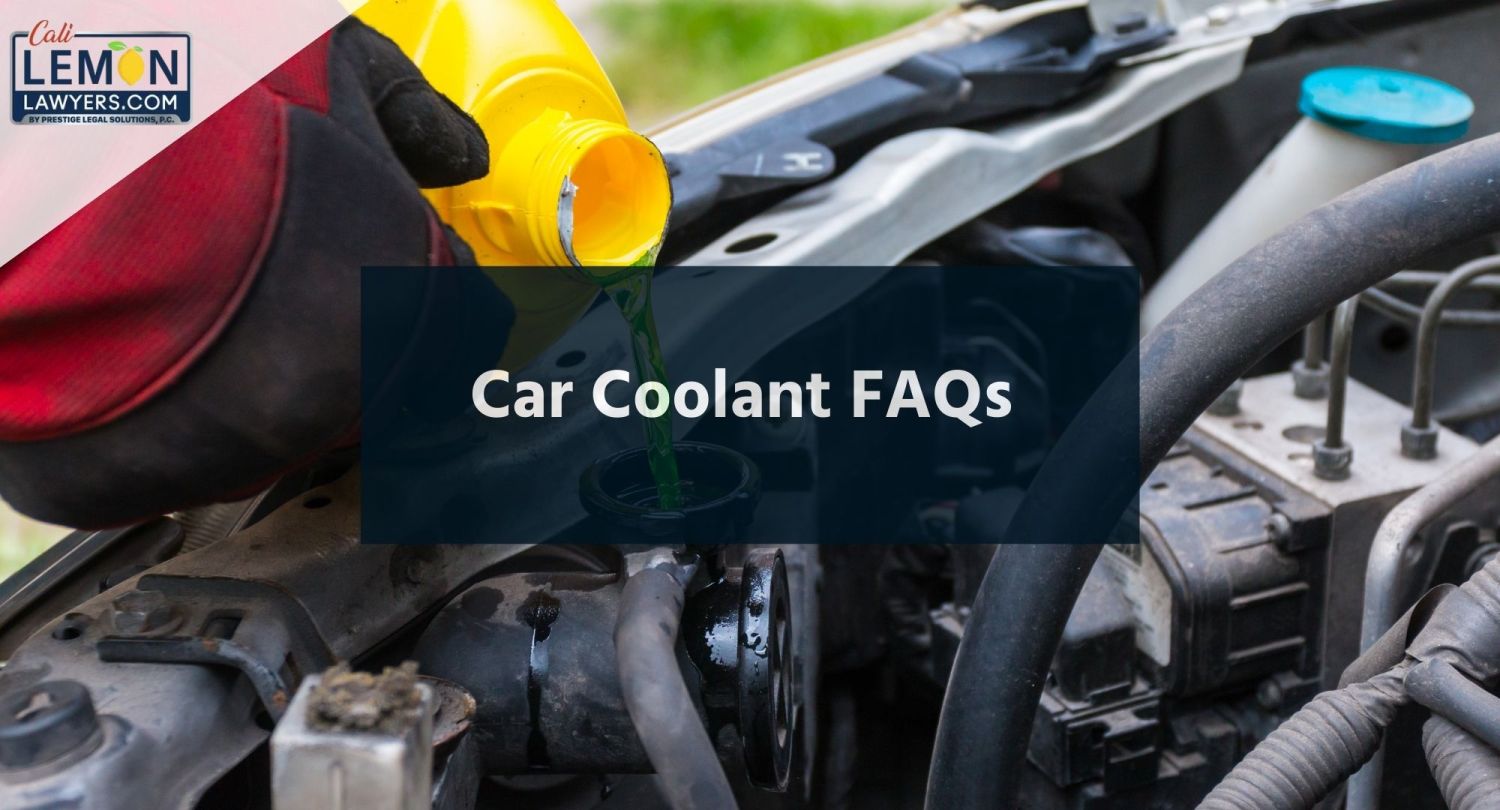
Why Is My Coolant Boiling?
The issue of a defective coolant system brings up many questions. Why is my coolant boiling? What if the coolant reservoir is boiling, but the engine doesn’t overheat? How did air get into the sealed system in the first place? What can I do about it?
This comprehensive guide should clear things up and help you find a solution.
If you’ve purchased or leased a defective 2017-2023 car under warranty in California, contact Cali Lemon Lawyers for a free case consultation. You may be entitled to compensation.
12 Reasons Why Your Car Coolant Is Boiling
The coolant antifreeze is supposed to keep your engine cool, but it’s part of a larger system. While the engine coolant is the key player in your car’s cooling system, there is also a water pump, hoses, thermostat, and radiator.
Issues with any component can derail the whole system and put your engine at risk. If you notice an overly hot engine, it could be due to several factors.
1. Clogged Radiator
How long has it been since you drained your coolant antifreeze and had the cooling system cleaned? When debris blocks water circulation inside the radiator it clogs up the system and prevents engine coolant flow.
Instant signs of a bad radiator include boiling coolant, steam or smoke oozing out from the hood, or engine overheating.
2. Defective or Faulty Radiator Cap
The radiator cap controls coolant pressure for the entire system. This cap features three seals that can all fail and disrupt the entire cooling system.
Symptoms of a defective or faulty radiator cap include leaking or overflowing coolant antifreeze, low coolant levels, collapsing radiator hoses, and overheating.
3. Defective Water Pump
A water pump channels engine coolant from the radiator to the car’s engine block to avoid overheating. While newer cars feature robust water pumps, driving many miles causes wear and tear on the water pump.
Signs your water pump is faulty include leaking engine coolant, steam from under the hood, overheating, and noticeable rust buildup on the system. You might also notice a whining sound whenever you speed up.
4. A Blown Head Gasket
If you notice a leak in the cooling system near your cylinder heads, there’s a good chance that you have a blown head gasket. A leaky or blown head gasket lets air into the cooling system, which ultimately can cause the coolant to boil.
Other symptoms of a failing or blown head gasket include air bubbles in the coolant and foaming around the coolant reservoir or expansion reservoir.
5. Air Pockets Inside the Radiator
Air can get inside the radiator. While air usually escapes without an issue, it sometimes gets stuck. Trapped air prevents the cooling system from functioning properly. The longer your car runs, the hotter it gets until eventually overheating.
Indications of air inside the radiator range from overheating during normal driving, malfunctioning heating system, and leaking coolant.
6. Faulty Thermostat
The thermostat monitors the flow of coolant antifreeze from the engine to the radiator. If the valve does not open or close as it should, the engine may not get the right coolant level to function. Too much coolant is as harmful as too little, and both circumstances can lead to car coolant boiling.
Signs of a faulty thermostat include unexplained and erratic temperature fluctuations, leaking coolant near the thermostat, and the temperature gauge giving readings.
7. Bad Temperature Sensor
The coolant temperature sensor monitors the temperature of the coolant antifreeze and the car’s engine. It’s also known as the ECT or CTS sensor and it relays the temperature readings to the gauge on your dashboard.
A faulty sensor could present as engine overheating, poor performance and fuel economy, a faulty water pump, and even black smoke out of the exhaust pipe.
8. Low Coolant Level
Boiling coolant can indicate that your car’s coolant level is too low. Good car maintenance requires a car owner to flush and replace the old coolant every two years or 30,000 miles.
Low coolant levels also lead to decreased overall performance. You might experience lower fuel efficiency and a failing heating system. The temperature gauge might edge into the red zone and you could notice a sweet smell.
9. Failing Cooling Fan
Car cooling systems feature built-in fans that keeps the radiator cool when the car idles. The wires connecting the radiator fan to the radiator can degrade over time and limit the fan’s function. Additionally, blown fuses and bad relays can impact the performance and cause the car’s coolant to boil.
10. Turbocharged Engine
A high operating temperature in a turbocharged car engine occurs due to input boost pressure in the compressor. Should the temperature rise too high above the average threshold, the car can fail instantly. You’ll see tons of smoke coming from the hot engine if this happens.
If your car temperatures are too high yet your car doesn’t fail, your supercharger may still run but not at optimum performance. A sharp increase in engine temperatures can also occur on turbocharged engines during hot days or long trips.
11. Inconsistent Coolant Type
It’s essential to ensure that the coolant you add to your vehicle is compatible with the existing coolant. Mixing different types can lead to the coolant gelling up, which can hinder the proper cooling function. Always refer to your vehicle’s manual or consult with a mechanic to ensure you’re using the right type of coolant.
12. Cracked Coolant Reservoir
A cracked coolant reservoir can lead to a drop in the cooling system’s pressure, allowing the coolant to boil off. Regularly inspecting the reservoir for any cracks or damages can help in early detection and prevention of this issue.
How Do I Stop My Coolant From Boiling?
Unfortunately, you can’t always prevent your car coolant from boiling. However, proper maintenance can help you avoid boiling coolant antifreeze.
- Maintain proper coolant levels at all times even if you have to do a top off.
- Use a quality coolant that includes anti-corrosion elements.
- Do an occasional coolant flush.
- Monitor the status of your coolant reservoir and expansion tank.
Watch for symptoms of trapped air or faulty components like those listed above. The sooner you handle the problem, the better chance you have of preserving your car.
What Should You Do If Your Car’s Coolant is Boiling?
If you notice your coolant boiling, the first thing to do is stop the car and turn it off. Let the car cool completely before touching anything. A hot coolant cap can cause severe burns if you touch it.
For those comfortable with their car’s engine and cooling system, you might be able to diagnose the issue with a few quick checks. Make sure the car is completely cool before doing anything with the engine.
- Check the coolant level and top it off if it is low. Don’t forget to check the expansion tank.
- Look for any visible leaks to identify holes or cracks. Note that you may not be able to see the cracks because they often only appear when high pressure creates bubbling around the defect.
- Make sure all connections are secure and caps sealed. Remember that the radiator cap is also a pressure valve that regulates flow.
Another option of course is to take the vehicle to a professional who can figure out the source of the trouble. It’s a good idea to check with the manufacturer and ask for recommendations so you don’t inadvertently void the warranty.
What If The Coolant Reservoir is Boiling, But The Engine Doesn’t Overheat?
In some scenarios, drivers have encountered a peculiar situation where their coolant reservoir begins to bubble, yet the engine temperature gauges show no signs of overheating. This can be particularly alarming and confusing, as bubbling is typically a sign of a vehicle running hot. One such instance was reported with a 1997 Honda CRV, where the bubbling was noticeable, but the vehicle showed no further signs of distress.
Upon professional consultation and diagnosis, it was discovered that the radiator was the culprit. Over time, radiators can become clogged with corrosion by-products, often mistaken for dirt or debris. This blockage prevents the efficient flow of coolant through the system, leading to localized boiling or bubbling in the reservoir.
In this case, the vehicle owner was presented with two options: unblock the existing radiator or replace it entirely. Opting for the latter, the new radiator solved the bubbling issue, underscoring the importance of a fully functional radiator in maintaining the vehicle’s cooling system.
This case highlights the importance of not overlooking the simpler components of a vehicle’s cooling system. While issues like a blown head gasket can cause similar symptoms, sometimes the solution is as straightforward as replacing a clogged radiator. Regular maintenance checks and professional consultations are crucial in preventing such issues from escalating.
Remember, the absence of engine overheating doesn’t mean the problem is less severe. Any abnormal signs, like a bubbling coolant reservoir, warrant immediate attention and action.
Lemon Law Information
Steam coming from an overheated engine is enough to scare anyone. While your car won’t blow up in a Hollywood-like explosion, it can indicate significant problems with engine components. Unfortunately, it could also mean that you bought a lemon.
Thankfully, California offers protections for car buyers who inadvertently purchase a lemon. The California Lemon Law sets out that a manufacturer might have to replace or buy back a faulty car if you meet certain conditions.
- It must be covered by the manufacturer’s warranty on a new vehicle.
- The issue must significantly impact the car’s safety, use or value.
- It was not a result of unreasonable or unauthorized vehicle use after the sale.
Additionally, you must have made reasonable attempts to repair the problem. To demonstrate “reasonable attempts” you must meet a few parameters:
- You must have noticed the issue within 18 months or before driving 18,000 miles.
- If the warranty requires it, you must have notified the manufacturer about the issue.
- The repair attempts must have been done by the manufacturer.
- There had to be four failed repair attempts of the same issue or two failed repair attempts if it’s a life-threatening issue.
- The car had to be in the repair shop and unusable for more than 30 days total, though they need not be consecutive.
Filing a lemon law claim involves exceptional detail and record-keeping. It might help to have an experienced attorney to guide your case, especially since the car manufacturer will likely have representation.
Do you think you have a lemon? Contact Cali Lemon Lawyers for a free case evaluation today!
Leave a Reply Cancel reply
Start Your FREE Case Review
or give us a call at:

Start Your FREE Case Review


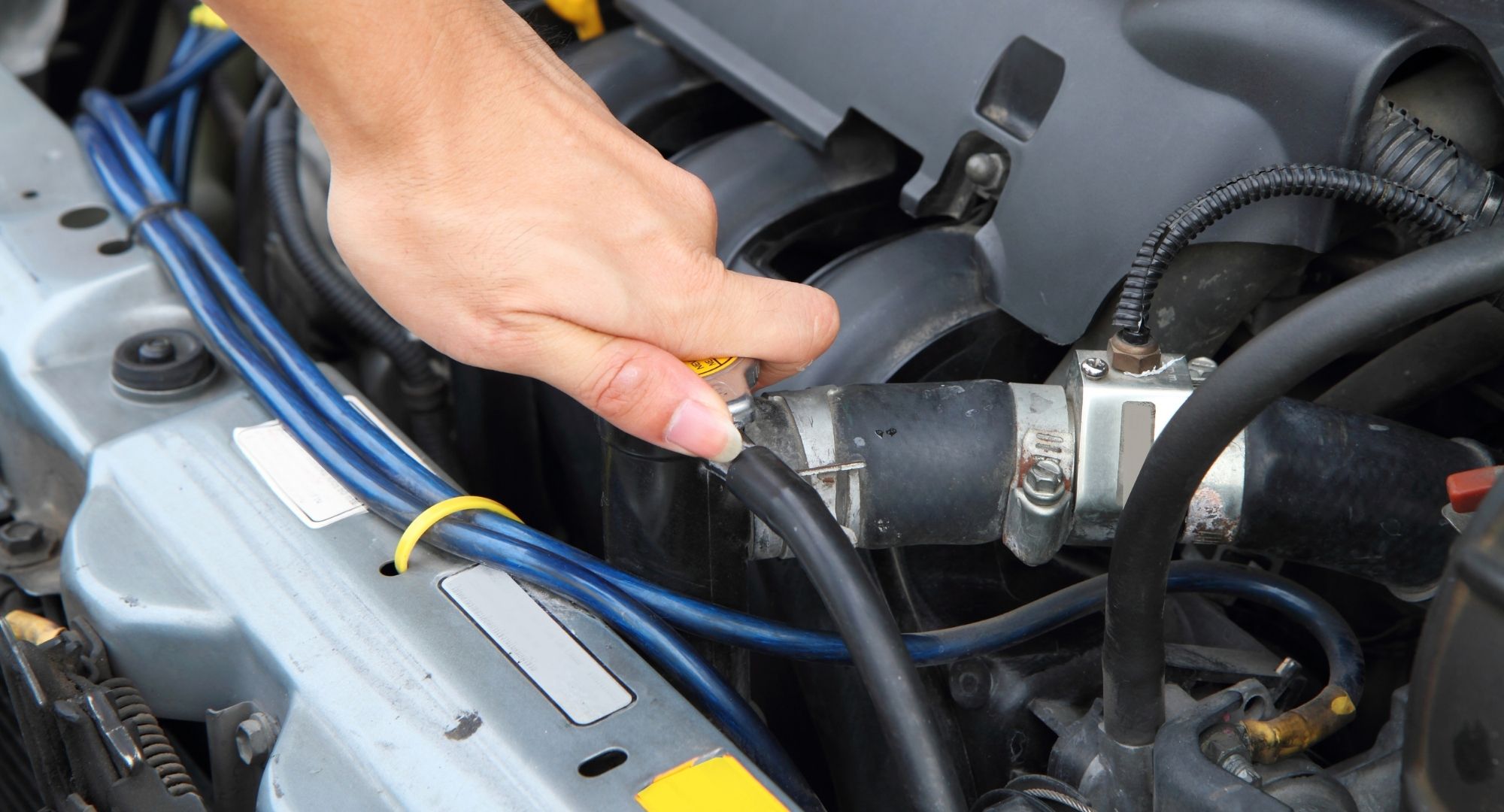
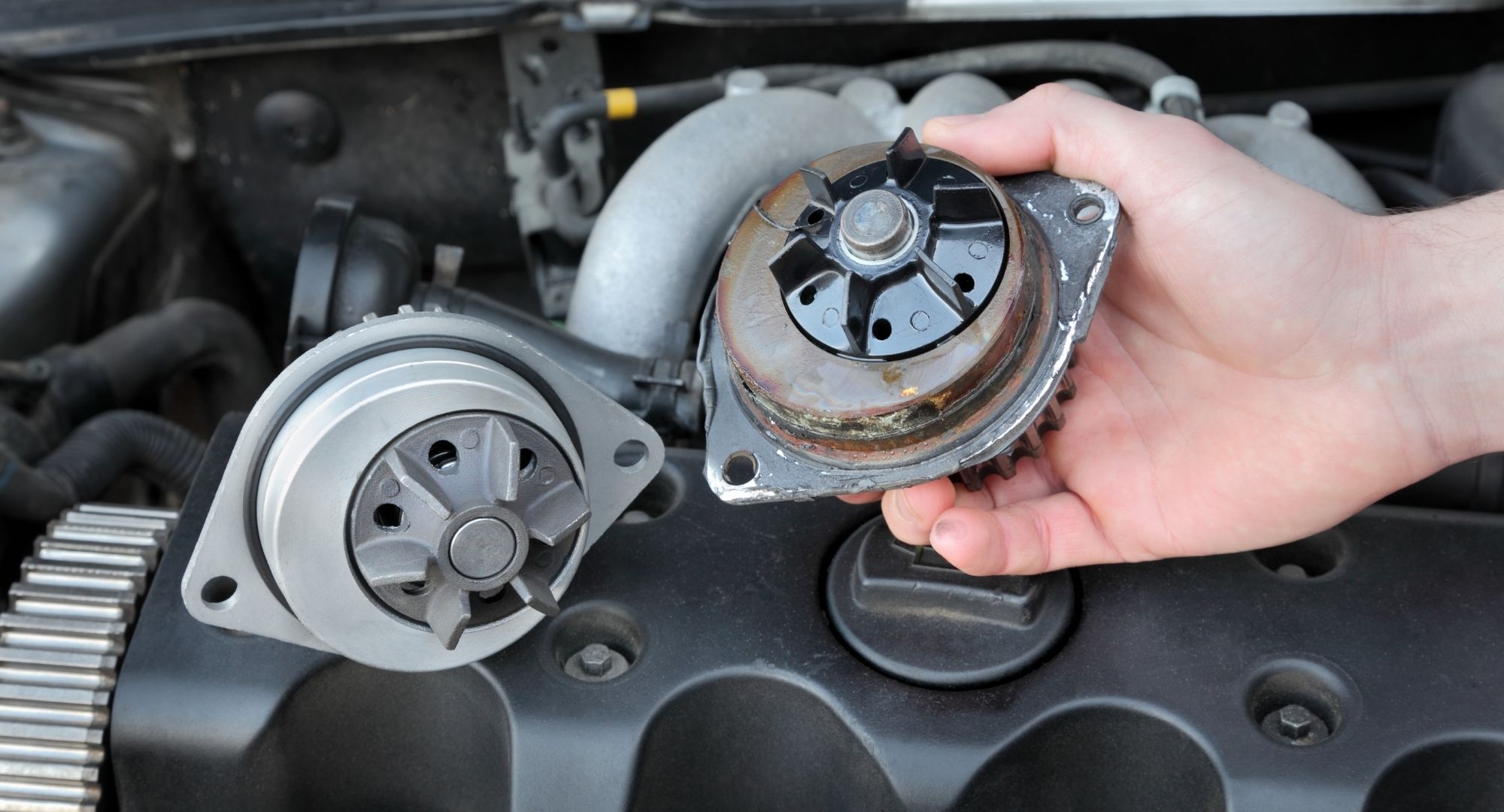
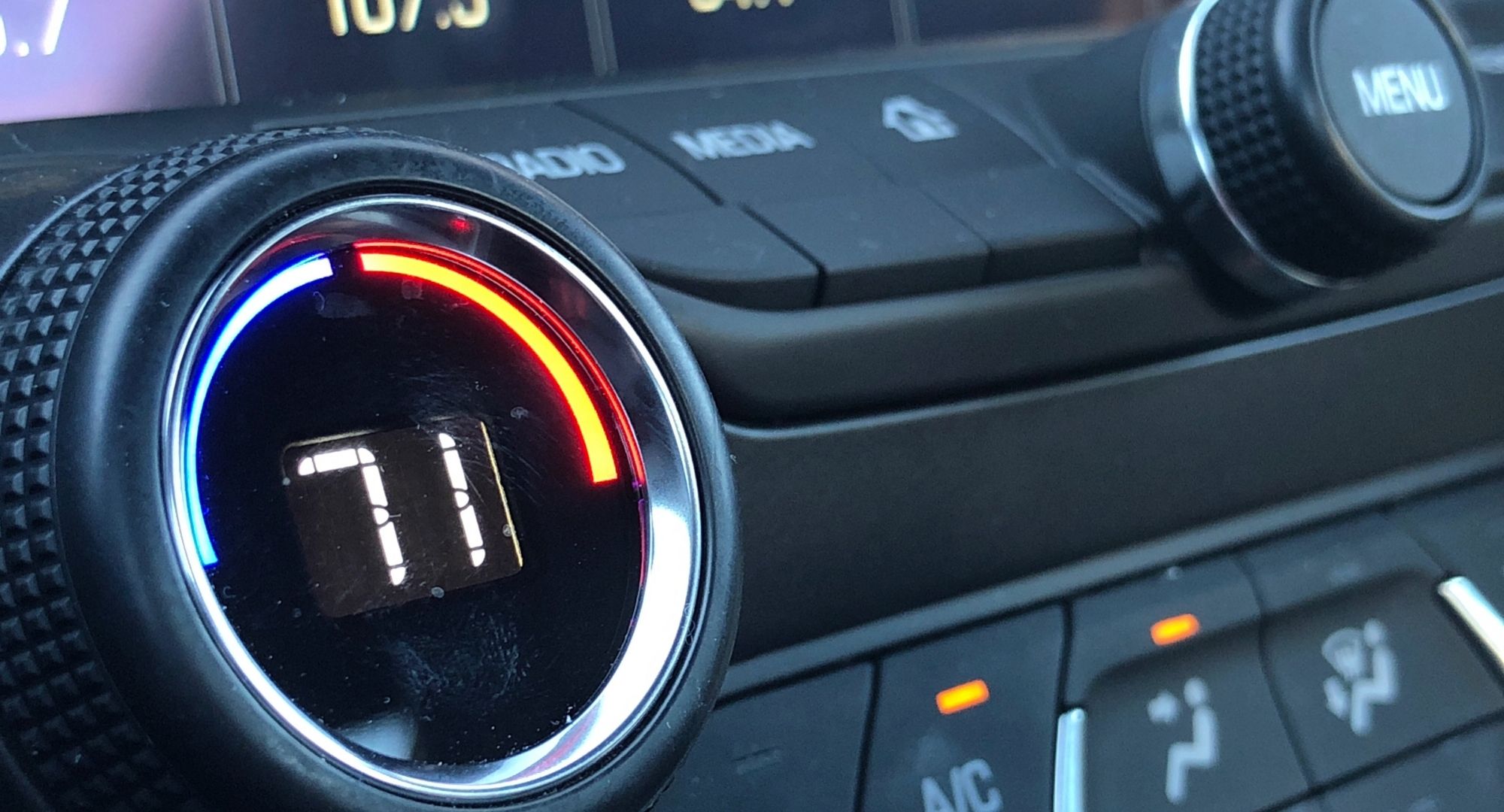
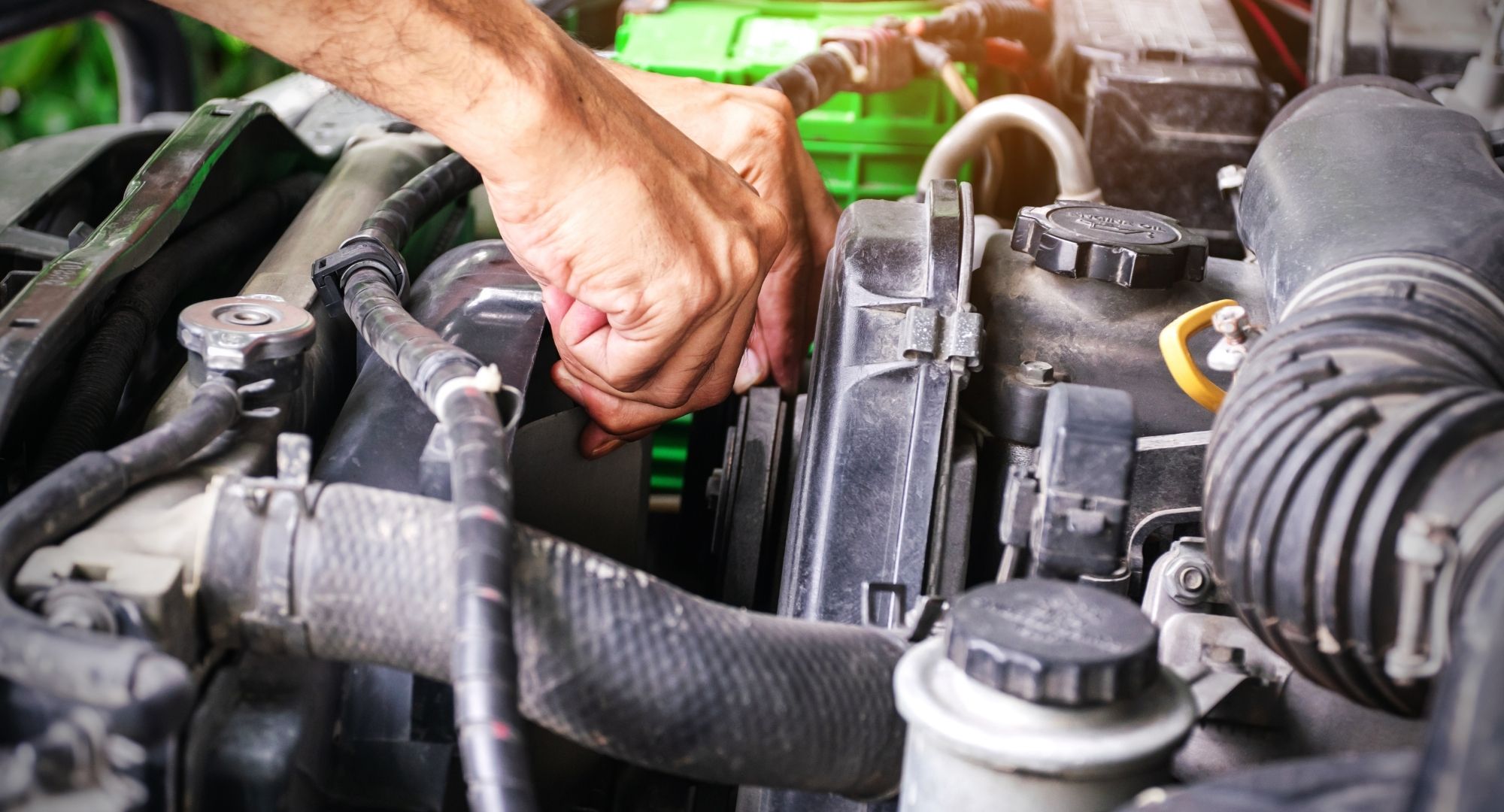
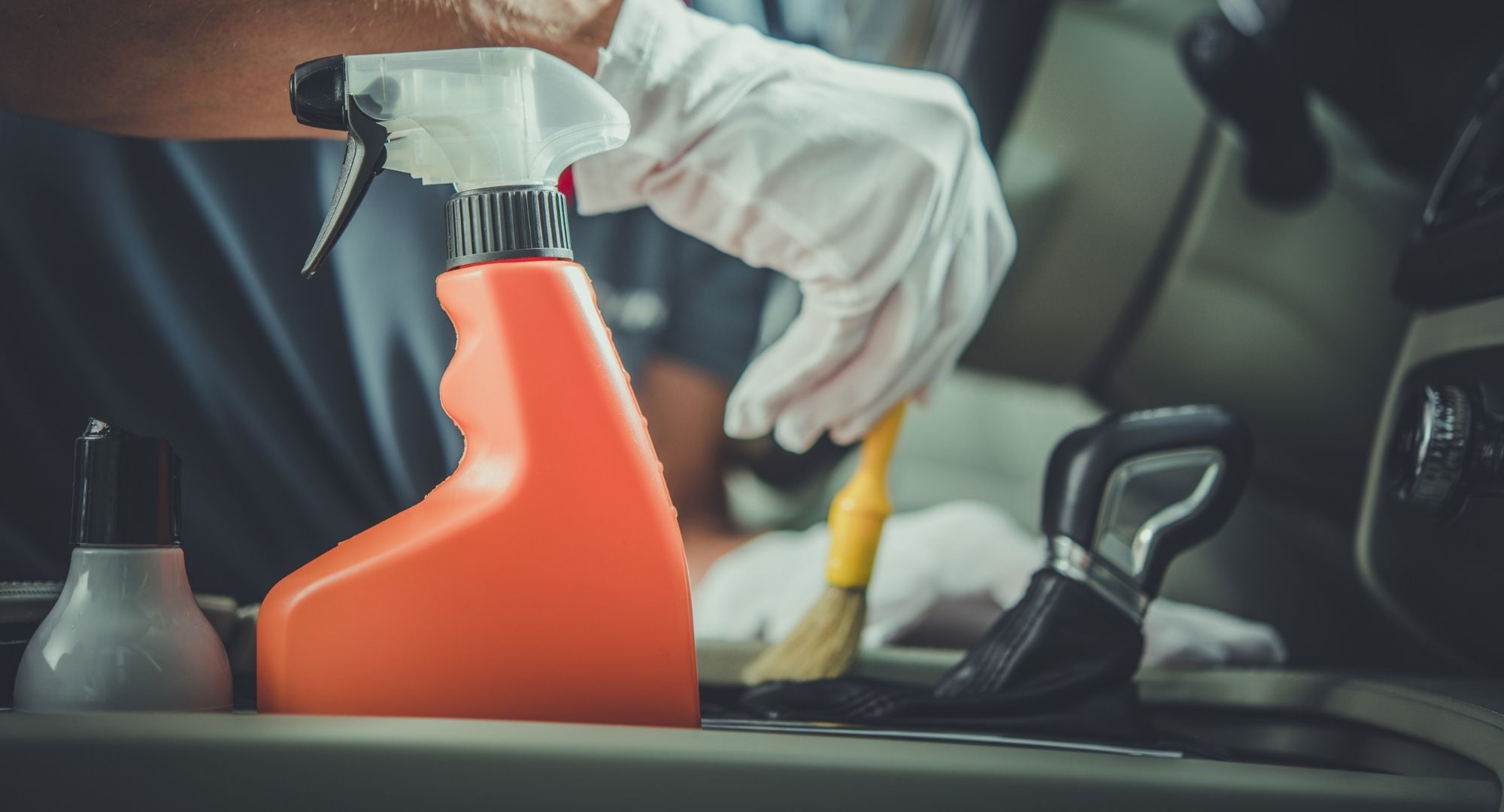

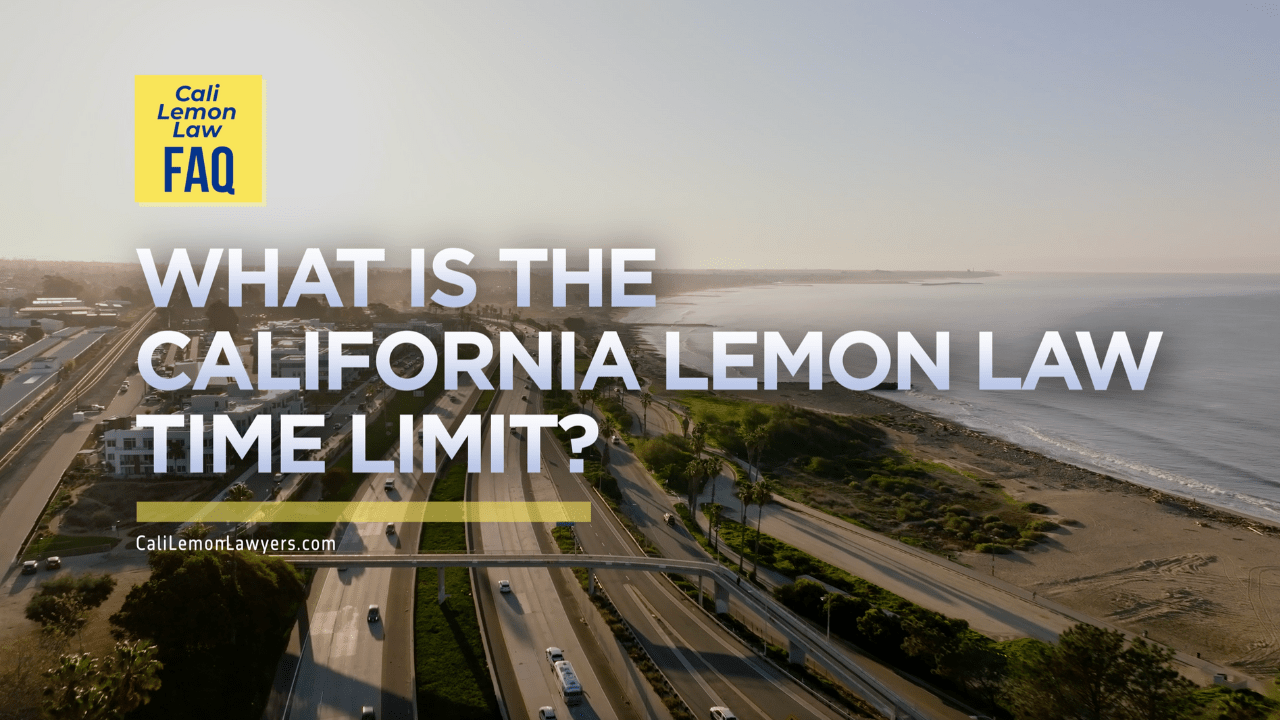


My favorite part is when you said that the cooling fan of your car is the one providing the coolant for your heat exchangers. Yesterday, my father informed me he noticed leaking in his heat exchangers. He asked if I had any idea what would be the best option to resolve the issue. I appreciate this helpful article. I’ll tell him that consulting a trusted oil cooler radiator service can help provide information about the repair process.
My Alfa Romeo 147 has a cool boiling issue. Any suggestions on the cause other than those listed
Vauxhall astra 1.4 Sri 2012 I had head gasket, radiator,water pump, thermostat changed and still when my water temperature goes to 90° and I stop the car the water will boil up and flows away, any suggestions what else can it be??